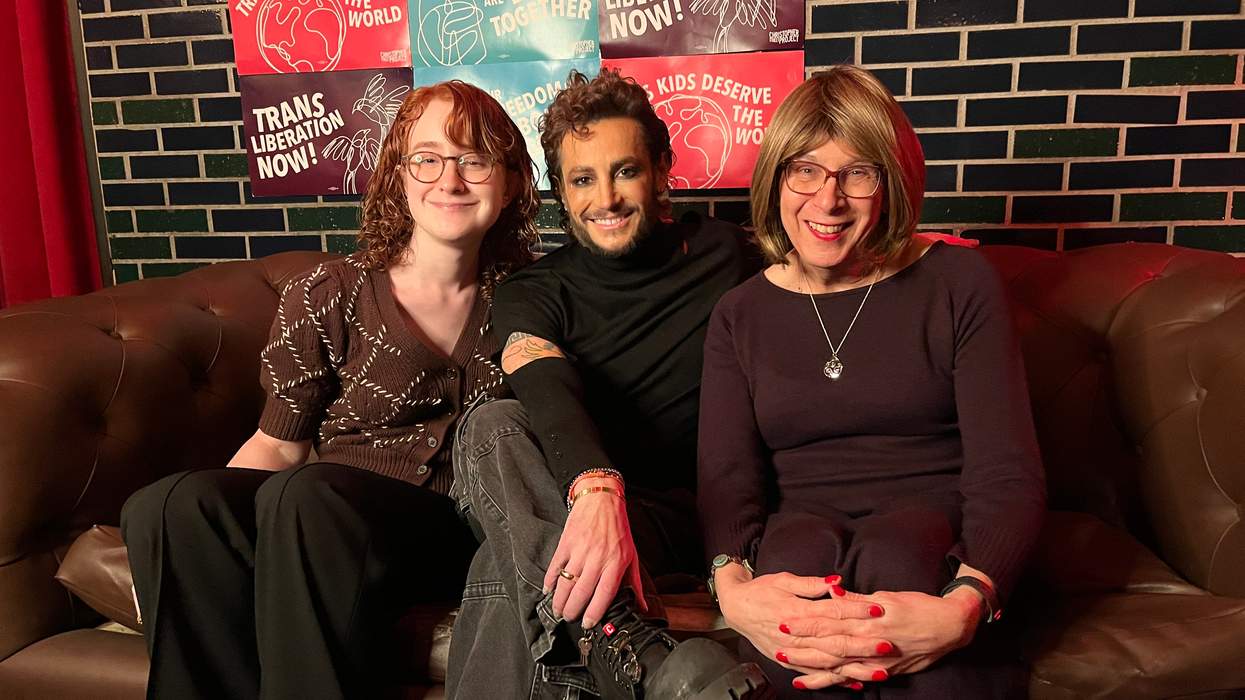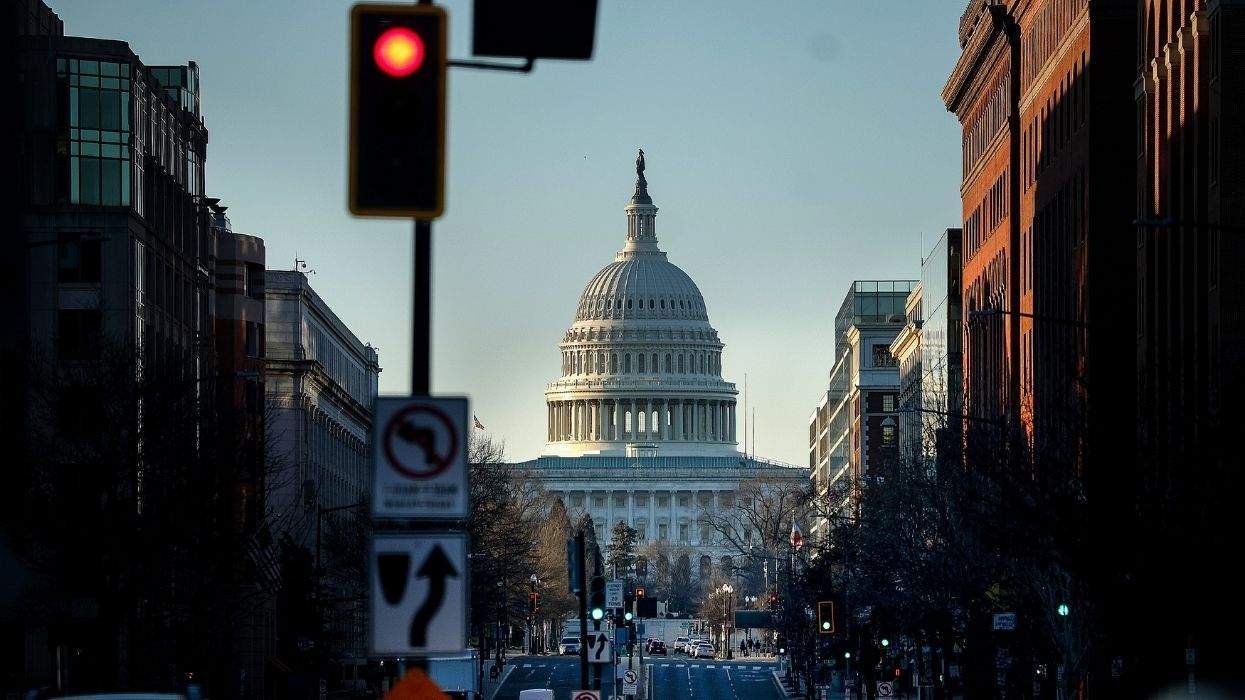The Supreme Court of Canada ruled Friday that legal associations could deny accreditation to a law school where students were required to endorse anti-LGBT religious beliefs.
The ruling, which contrasts with a U.S. Supreme Court ruling that sided with an antigay baker, came in two cases involving Trinity Western University in British Columbia, which was planning to establish a law school, the Canadian Press reports. Trinity Western is an evangelical Christian school that "requires students to adhere to a covenant allowing sexual intimacy only between a married man and woman," according to the CP.
The legal societies that license lawyers in British Columbia and Ontario had said they would not accredit Trinity Western's proposed law school and therefore would not license its graduates because the covenant constituted anti-LGBT discrimination. It would discourage LGBT students from attending the school, and those who did attend would face a hostile environment, they said. Six legal societies in other provinces said they would accredit the school and license its graduates to practice law.
The Canadian high court ruled 7-2 in both cases, one involving British Columbia's law society and one involving Ontario's, that they were within their rights not to recognize degrees from a school they considered discriminatory. "A majority found that the decisions to deny accreditation were reasonable because they appropriately balanced the interference to freedom of religion with the public-interest objectives of the law societies," the CP reports.
Because of the ruling, Trinity Western may scrap plans for the law school. The university would want its graduates to be able to practice law throughout Canada, they said, and the stances of the British Columbia and Ontario law societies would prevent that.
But the university may reconsider the covenant. Earl Phillips, executive director of the proposed law school, told The Globe and Mail of Toronto that it would at least be reviewed.
He called the ruling a loss for religious freedom and diversity, however. "This really means that diversity in Canada doesn't have room for a small, free-standing university with Christian principles to operate a law school," he told the paper.
The Law Society of Ontario saw it differently. "Access to justice is facilitated where clients seeking legal services are able to access a legal profession that is reflective of a diverse population and responsive to its diverse needs," Paul Schabas, the group's treasurer, told the Canadian Broadcasting Corp. "Accordingly, ensuring a diverse legal profession, which is facilitated when there are no inequitable barriers to those seeking to access legal education, furthers access to justice and promotes the public interest."
Another pro-LGBT ruling came this week from Poland, a country not known for LGBT-friendliness. Its highest court ruled that a print shop violated basic principles of equality by refusing to print posters for an LGBT business group.















Charlie Kirk DID say stoning gay people was the 'perfect law' — and these other heinous quotes
These are some of his worst comments about LGBTQ+ people made by Charlie Kirk.